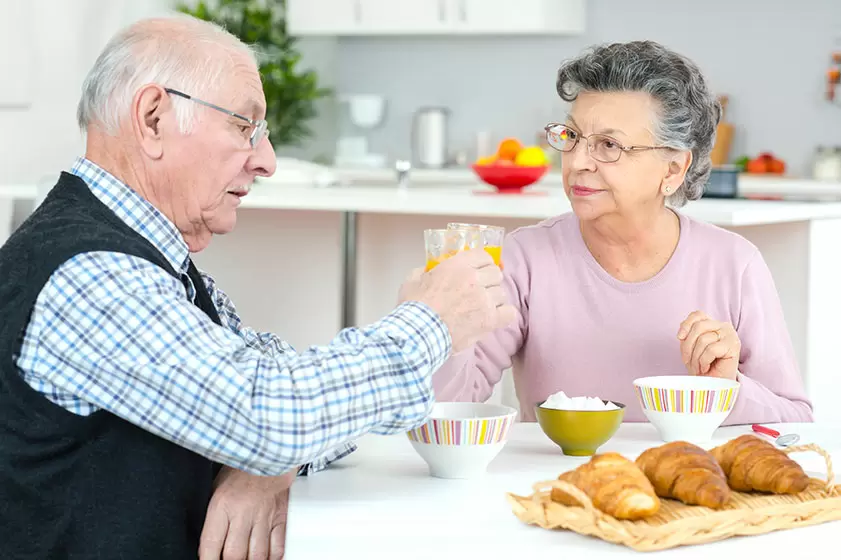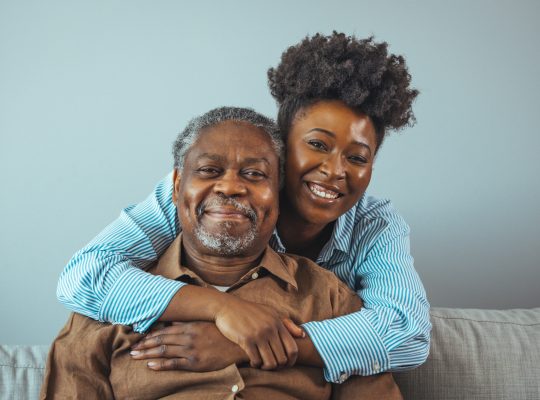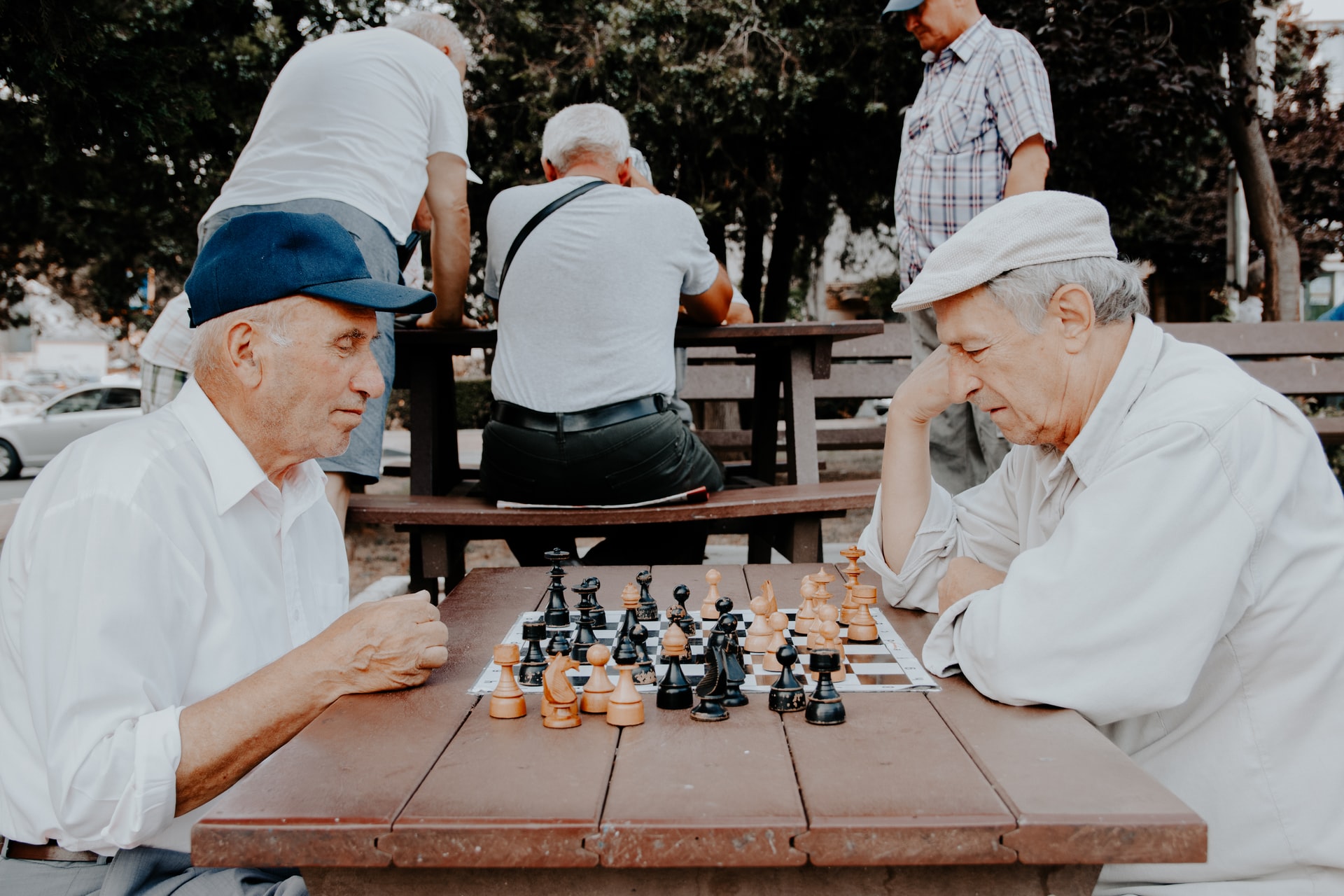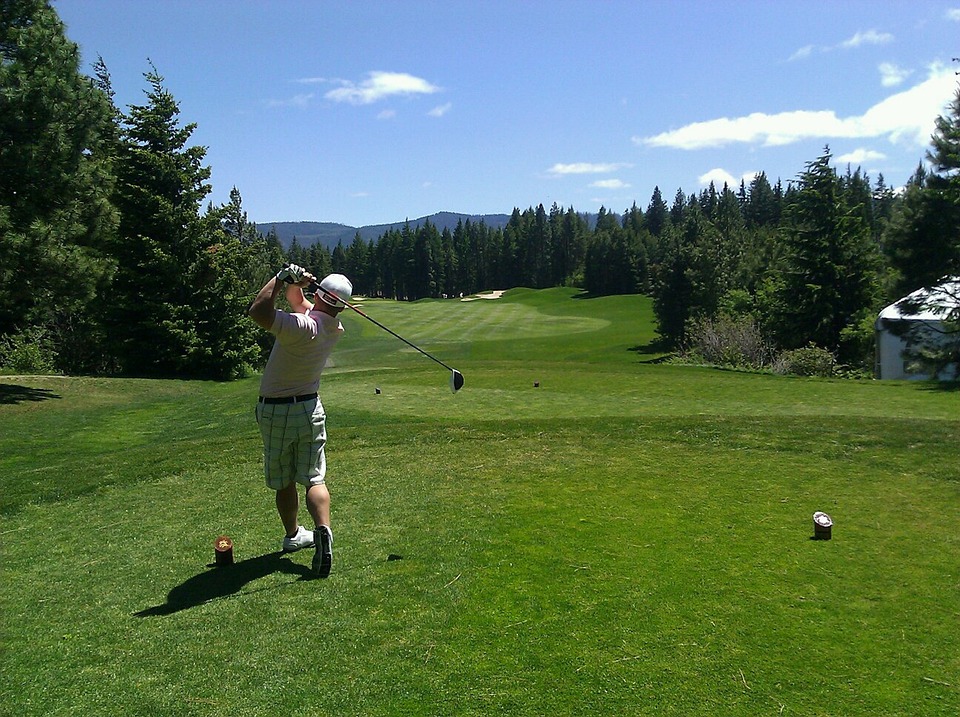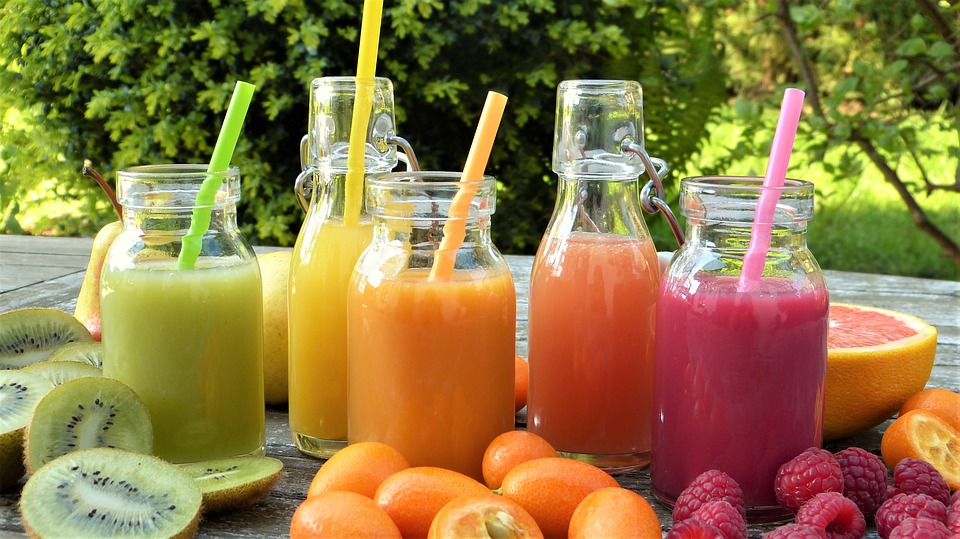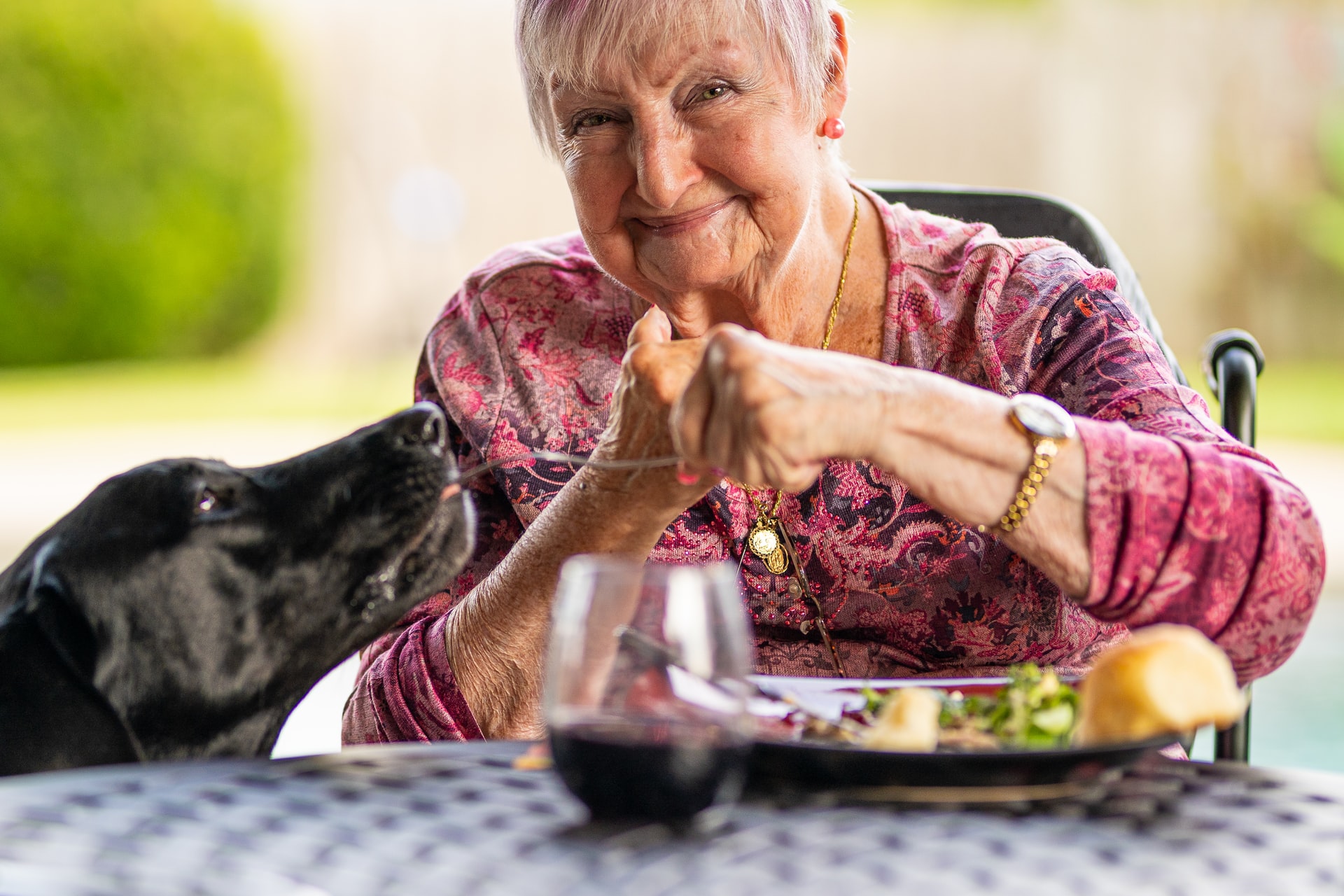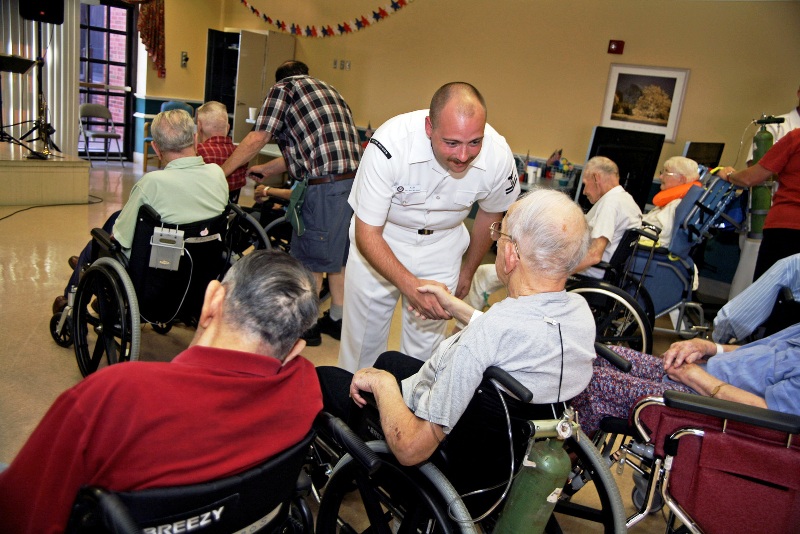Nutrition is the number one human necessity, and it is precisely nutrition that determines the standard of living of the elderly. During this period, improved economic conditions have led to a significant increase in food consumption, especially in the West, resulting in increasing obesity, diabetes, hypertension, and other diseases caused by unbalanced diets. So, how can we adjust nutrition for the elderly?
For the elderly, a nutritionally balanced diet is more important than caloric intake. Therefore, it is essential to choose a diet based on the recognition that one’s diet can harm one’s health and efficiency.
Nutritional Management of the Inactive Elderly
Elderly individuals often experience prolonged periods of lack of appetite and decreased energy intake. In many cases, this abrupt reduction in food intake can lead to significant weight loss, which can also be very dangerous. There are many causes of anorexia in the elderly.
This may be because the elderly often eat alone or at least prepare meals for themselves.
Social problems such as inability to shop or cook.
Health issues such as dental, chewing, and digestive problems
In fact, in general, the correct diet for the elderly consists mainly of pasta or rice as a starter, well seasoned with olive oil and grated cheese, and soft ground meat or soft fish fillets as the main dish.
It is also of fundamental importance to eat vegetables at every meal, preferably cooked or in broth, to ensure adequate intake of fiber, mineral salts, and vitamins. It is also vital that the elderly with a poor appetite drink at least 8 glasses of water daily, as they are at risk of dehydration due to low drinking volume.
Nutritional Supplements for the Weak Elderly
Unfortunately, as people age, they may become unable to take care of themselves, become bedridden, or have limited mobility. In such cases, the energy requirements of the debilitated elderly may be even lower than those of the independent elderly, with an intake of only 1,100 Kcal per day.
Therefore, the diet of the debilitated elderly must be lighter and more dispersed than that of the healthy elderly, resulting in a change in the amount of food they consume but not in their nutrient needs.

What to Prepare for the Bedridden Elderly
In elderly bedridden patients, it is essential to have the proper diet to avoid bedsores and other complications. In this case, a low-fat, well-balanced diet is necessary; if the elderly person has diabetes, sugar should also be reduced.
Even if the person does not feel thirsty, it is recommended that he or she drink at least one liter of water per day, and if the bedridden person is unable to drink water on his or her own, it is recommended that the person is given at least five glasses of water per day.
The bedridden elderly must eat plenty of vegetables, at least one serving per meal, cooked or raw, to ensure that they are getting the proper amount of mineral salts, vitamins, and antioxidants that their bodies need. For those who have difficulty chewing, it is recommended that they choose cooked or steamed vegetables.
Also recommended for the bedridden elderly are legumes, which are high in zinc, and cereals, which are rich in fiber and suitable for those who have difficulty chewing and swallowing. It is also a good idea to include cheese instead of meat or fish in the second course a few times a week.
The most deficient vitamin in the elderly is vitamin D, which is produced in the body through exposure to sunlight. The elderly are deficient in vitamin D because they usually spend less time outdoors and are not directly exposed to sunlight.
Hence, they need to consume large amounts of minerals such as
Calcium: strengthens bones and prevents osteoporosis, a common cause of age-related fractures.
Potassium: very beneficial for blood pressure.
Folic acid, which can reduce the levels of homocysteine, an amino acid associated with the development of heart attacks and cardiovascular disease.
Zinc: important for protecting the body against all immune system diseases.
Magnesium: essential for cellular (especially cardiac) relaxation.
Share your thoughts with us in the comments below!

